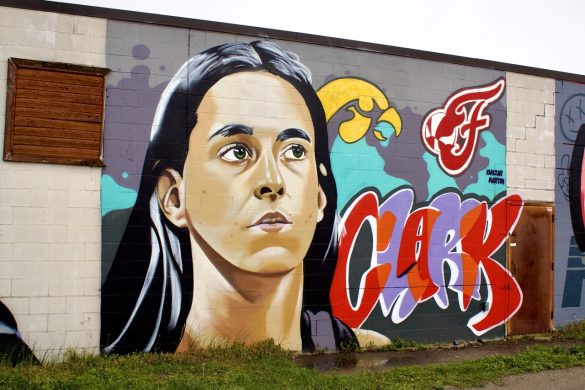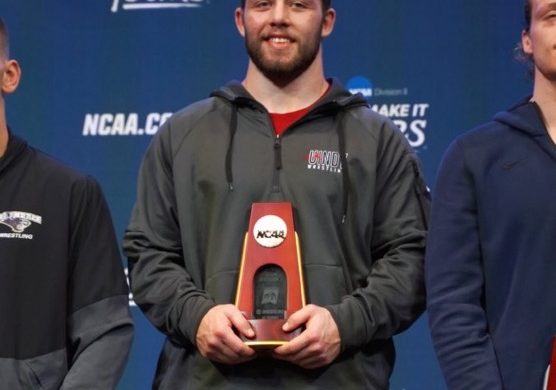The University of Indianapolis will graduate its first class of engineering students this May, however, they will not be graduating with accreditation. There will be 20 total students graduating in the engineering program, with 12 of those students graduating with degrees that are up for accreditation. These degrees include mechanical engineering, industrial and systems engineering and software engineering.
According to Mary Moore, associate provost of accreditation, assessment and educational innovations, UIndy could not have sought accreditation sooner because it has not had its first class of graduates from the programs.
“UIndy’s programs are currently seeking accreditation, so they are not accredited yet,” Moore said. “You can’t seek that accreditation till you have your first class of graduates…. So it isn’t possible to really seek accreditation sooner because part of what they want to see is a cycle of a fully completed program.”

UIndy officially launched the R.B. Annis School of Engineering in 2017. Prior to the 2017 launch, UIndy offered a dual five-year program with Indiana University-Purdue University Indianapolis, allowing students to get two degrees—one from UIndy and one from IUPUI. For Dean of the Shaheen College of Arts and Sciences Debra Feakes, the launch of the RBASOE changed UIndy’s dynamic as a university.
“I would say having that engineering has actually changed the landscape of the University of Indianapolis,” Feakes said. “There’s actually only one other university within the city of Indianapolis that has an engineering program and that is IUPUI…. We are the only other free-standing engineering program in the city of Indianapolis. So, I think it makes the University of Indianapolis more appealing in that sense.”
When the dual degree program was launched, students were only able to engage in either industrial and systems engineering or software engineering programs. Now, UIndy engineering majors can look into seven different types of degrees in the RBASOE. The three programs that are coming out for accreditation in the fall are mechanical engineering, software engineering, and industrial and systems engineering, according to Moore.
“[Being accredited] verifies that your program is quality and meets global standards,” Moore said. “That accredits programs around the world with a marker of the quality. And so in that case, it makes our students more competitive because they’re graduating from an accredited program.”

There are specific criteria that have to be met in order for a program to become accredited. The Accreditation Board for Engineering and Technology is a global organization that accredits a college or university’s programs in the science, technology, engineering, and mathematics fields, according to abet.org.
ABET follows criteria for how schools will be accredited that are based on student performance, program educational objectives, curriculum and various other factors. For the students who will graduate while the accreditation process is occurring, they will be accredited within two years of the programs being accredited.
“When you get the accreditation, it’s retroactive to your first graduates,” Moore said. “So by seeking it and once successful, there’s no guarantee. It’s a process…. So, the students are invested in it too, right. Because they want that accreditation.”

According to abet.org, there are many advantages to university programs becoming accredited. For students, graduating from an accredited program enhances employment because many multinational corporations require that employees graduate from an accredited program. For institutions, they receive international acknowledgment for their program’s quality, according to abet.org. Feakes said that by accrediting these programs, the engineering program will become more competitive.
“But if [engineering students] don’t graduate from an ABET-accredited program, it does impact your career opportunities,” Feakes said. “So you’re less likely to be able to get some of the licensing and credentials, the professional engineer status, it impacts their job opportunities. Having that ABET is really the gold standard, [students] really need to have it.”
The next group of degrees that can be accredited will go through the process in 2023, according to Feakes. Those programs will include electrical engineering, computer engineering, and general engineering. For computer science, that program will also be up for accreditation, but it does not fall under ABET’s engineering accreditation process.
Correction — May 4, 2020 at 1:30 p.m.: In a previous version of this story, the caption on the photo of Chase Frazier was inaccurate. It has since been updated for accuracy.








